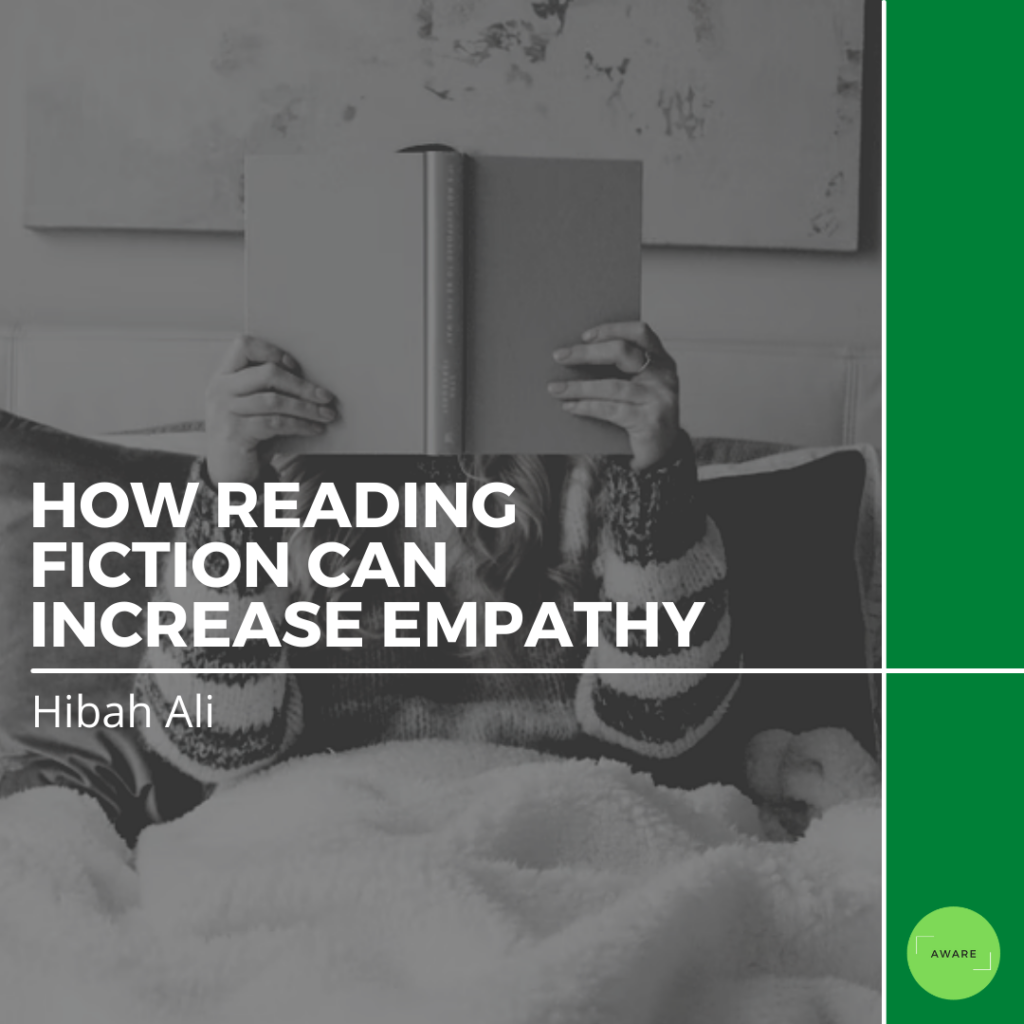Reading fiction is a unique personal experience, one that exists between the reader and the page. Within those open pages, entire worlds begin to be formed, characters unveiled, and stories are born, whether it be for a romance, a thriller,or any other genre catered to the reader to experience pure enjoyment. Furthermore, the person is swept away in their private reality existing purely for them.
The Connection Between Empathy and Fiction
Acts of empathy are intrinsically tied to the practice and skill of the ability of a person to put themselves in the shoes of another person and have the cognitive skill to understand their perspectives, emotions, and behavior. It is the active practice of stepping outside of your views and ways of approaching the world and seeing it through different lenses. Sound familiar? The same skills are required for those who love reading fiction as they are drawn out of their realms of reality and thrust into a new universe where they actively have to adapt and understand the psyche, motivations, and decisions of each character. This requires a willingness to step outside of their identities to build on existing empathy and social cognition skills. Since the story itself induces an environment that requires the activation of the same neural networks needed in our lives to empathetically understand the social, mental, and emotional experiences of others. This was proven through neuroimaging work demonstrating that when readers engage in a story, there was an overlap between the neural pathways used to understand characters and those used to connect with people in our daily lives. This is how correlational studies came to show that frequent readers of fiction scored higher on measures of empathy and theory of mind, which is the ability to think about others’ minds, than non-readers and non-fiction readers. They would often outperform these two groups in social cognitive tasks. This why reading and empathy can be two sides of the same coin, as readers who engage in fiction actively exercise their metaphysical empathy muscle, allowing them to freely connect with others in a more open and non-judgemental manner, while improving their social cognitive skills in the process.
The Transformative Experience
This immersive process instigates self-change, as readers experience various cultures, ideas, and behavior. In the forms of characters they may not have known before, they are provided with rich exposure to cultures and beliefs different from their identities. Studies show this process contributes to prejudice reduction, as readers intuitively implicate themselves and their voices within narrative fiction. They begin to blend their self-image within the collective story as they engage in the process of identification and self-implication in the story. This creates a transformative experience – one rooted in growth, acceptance, and self-discovery as the reader enhances their ability to see themselves through the eyes of the “other”. Consequently, this ability to make stronger social connections is incredibly beneficial. It can improve overall wellbeing and build stronger relationships. Some studies show it contributes to increasing longevity.
To Conclude
Perhaps you have heard someone tell you before that reading fiction is a waste of time and energy. It could have been a friend, a family member, or even a colleague. The thought process is a culmination of a very narrow perspective. Hopefully, you can challenge it next time with the information mentioned above and remove the mentality that those who prefer to read fiction over non-fiction books are not benefitting. In reality, individuals who read fictitious books, the “geeks” or the “nerds” who pour their hearts into books of fantasy, adventure, romance, thriller, and countless more, could perhaps be the most empathetic people you meet.
